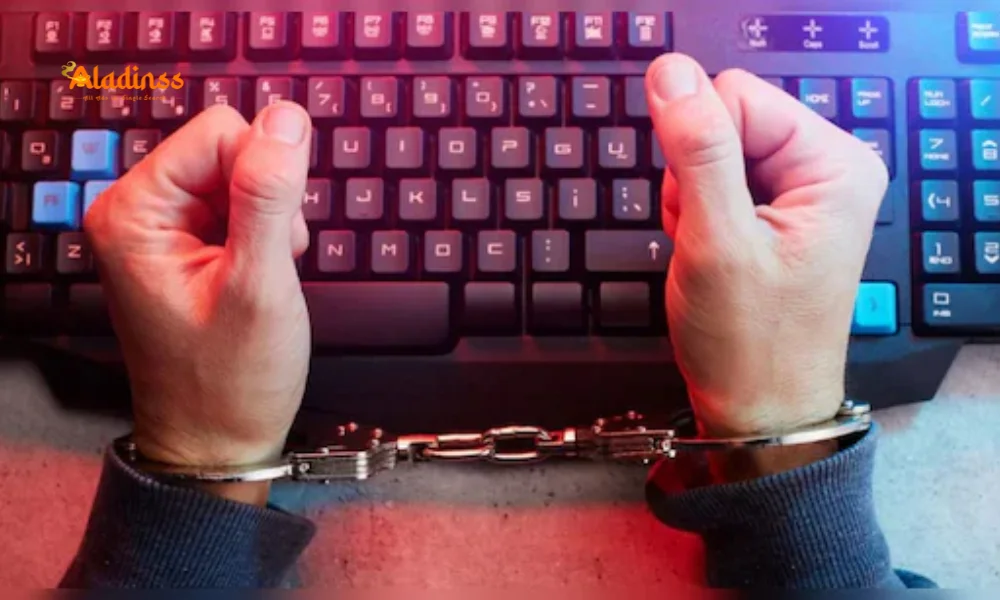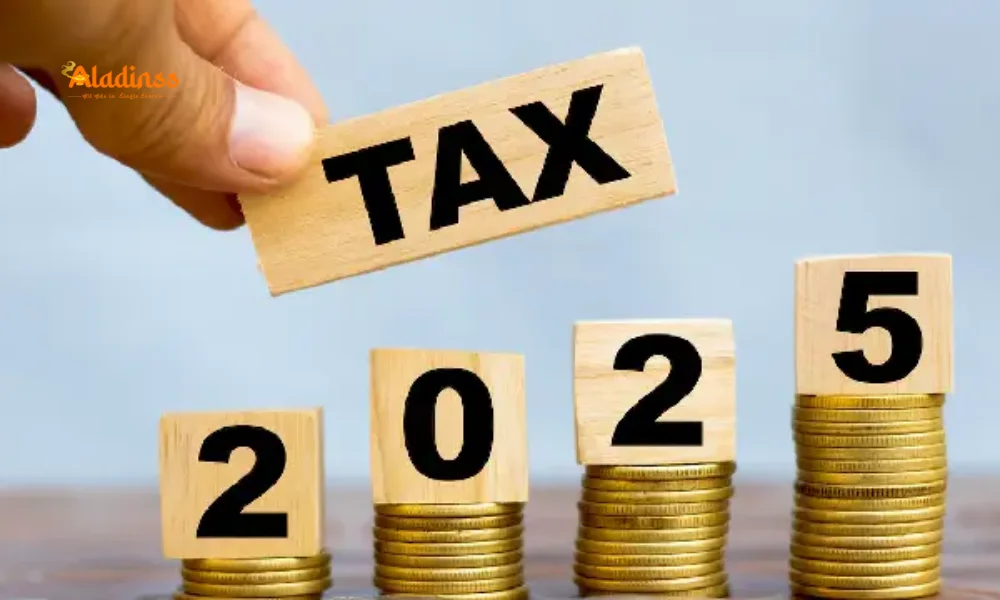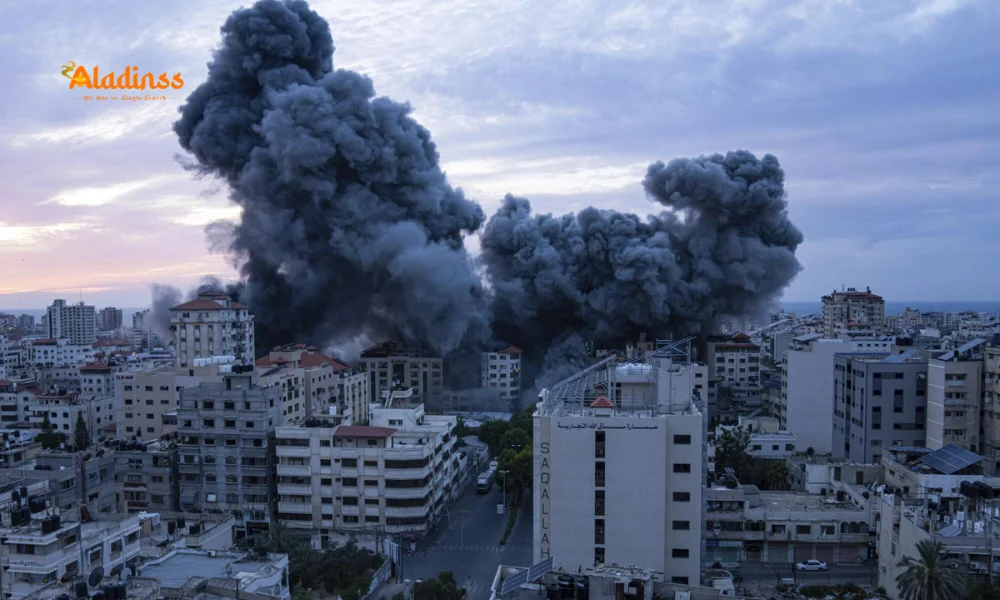Trump Celebrates ABC Suspending Jimmy Kimmel Over Charlie Kirk Row
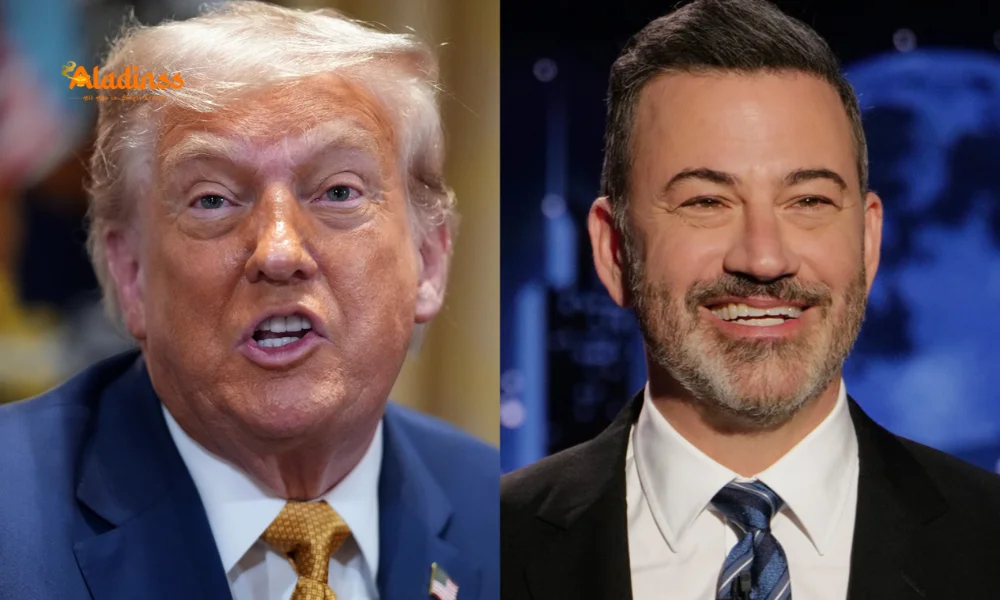
Trump Celebrates ABC Suspending Jimmy Kimmel Over Charlie Kirk Controversy
In a dramatic turn of events, US President Donald Trump has publicly celebrated ABC's decision to suspend "Jimmy Kimmel Live" indefinitely following controversial remarks made by host Jimmy Kimmel about the tragic killing of conservative activist Charlie Kirk. This breaking news update has sparked widespread attention, dominating Google Trends with search terms like "Jimmy Kimmel suspended," "Trump Kimmel controversy," and "Charlie Kirk murder update." On X, hashtags such as #JimmyKimmelCancelled and #CharlieKirkRow are trending, reflecting the intense public reaction to this unfolding story. This article provides a detailed, reader-friendly account of the controversy, its political ramifications, and its impact on late-night television.
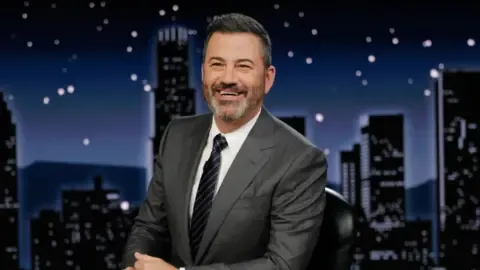
The suspension was announced on Wednesday, September 17, 2025, after Kimmel's Monday monologue ignited a firestorm of criticism. During the segment, Kimmel addressed the political fallout surrounding the death of Charlie Kirk, the 31-year-old founder of Turning Point USA and a prominent conservative figure. Kirk was fatally shot during a speaking event at Utah Valley University in Orem, Utah, on September 10, 2025. Authorities have described the incident as a targeted assassination, prompting heated debates about political violence, media responsibility, and the role of satire in a polarized society.
The Incident That Sparked the Controversy
Charlie Kirk's death sent shockwaves through the conservative community, with many viewing it as a tragic escalation of political tensions in the United States. During his monologue, Kimmel commented on the narrative surrounding the incident, stating that "the MAGA gang" was "desperately trying to characterize this kid who murdered Charlie Kirk as anything other than one of them" to score political points. These remarks were immediately met with backlash from conservative viewers, who deemed them insensitive and inflammatory. The comments also drew the ire of Federal Communications Commission (FCC) Chair Brendan Carr, who described Kimmel's conduct as "sickest possible" and hinted at potential regulatory action against ABC affiliates.
The public outcry was swift and intense, with social media platforms, particularly X, amplifying demands for accountability. Posts on X accused Kimmel of trivializing a tragedy and exacerbating political divisions. The backlash culminated in Nexstar Media Group, a major operator of ABC-affiliated stations, announcing that it would no longer air "Jimmy Kimmel Live" due to the offensive nature of the remarks. An ABC spokesperson confirmed the network's decision to suspend the show indefinitely, stating that Kimmel's comments were "offensive and insensitive at a critical time in our national political discourse" and did not align with the values of the communities they serve.
Trump's Reaction and Social Media Amplification
President Trump wasted no time in responding to the news, taking to his social media platform to express his approval. In a post that quickly went viral, he wrote, "Great News for America: The ratings challenged Jimmy Kimmel Show is CANCELLED." He praised ABC for having the "courage to do what had to be done" and took the opportunity to criticize other late-night hosts, including Jimmy Fallon and Seth Meyers of NBC, signaling a broader discontent with the tone of late-night television. Trump's remarks further fueled the controversy, with supporters rallying behind his stance and detractors accusing him of inflaming tensions.
The suspension of "Jimmy Kimmel Live" marks a significant moment in the ongoing debate over the role of media in shaping public discourse. Late-night shows, once seen as lighthearted entertainment, have increasingly become battlegrounds for political commentary, often drawing criticism from both sides of the aisle. Kimmel's remarks, while intended as satire, were perceived by many as crossing a line, particularly given the sensitive nature of Kirk's death. The incident has reignited discussions about the responsibilities of public figures in addressing tragedies and the potential consequences of inflammatory rhetoric.
The Broader Implications for Late-Night Television
The decision to suspend "Jimmy Kimmel Live" raises important questions about the future of late-night television in an era of heightened political sensitivity. Shows like Kimmel's, along with those hosted by Fallon, Meyers, and others, have long blended comedy with political commentary, often targeting figures across the political spectrum. However, as audiences become more divided, the line between humor and offense has become increasingly blurred. The backlash against Kimmel underscores the challenges faced by hosts navigating a landscape where every word can be scrutinized and amplified on platforms like X.
Moreover, the involvement of the FCC in this controversy highlights the potential for regulatory oversight to influence media content. Brendan Carr's comments suggest that the FCC could pursue action against ABC affiliates, raising concerns about the balance between free speech and accountability. While the FCC's authority over broadcast content is limited, the threat of fines or license reviews could pressure networks to self-censor, potentially stifling creative expression. This development has sparked debates among media analysts about the chilling effect on satire and the broader implications for freedom of the press.
Public Reaction and the Role of Social Media
The controversy has been amplified by the power of social media, particularly X, where users have voiced both support and condemnation of Kimmel's remarks. The hashtag #JimmyKimmelCancelled has trended alongside #CharlieKirkRow, with thousands of posts reflecting the polarized nature of the debate. Supporters of Kimmel argue that his comments were within the bounds of satirical commentary, while critics contend that they were disrespectful to Kirk's memory and his family. The rapid spread of these sentiments underscores the role of platforms like X in shaping public opinion and driving media narratives.
The incident also highlights the growing influence of conservative media and activists in challenging perceived biases in mainstream outlets. Charlie Kirk, a polarizing figure known for his outspoken conservative views, was a frequent target of late-night hosts, including Kimmel. His death has galvanized his supporters, who view the suspension of Kimmel's show as a victory against what they see as a liberal-leaning media establishment. This sentiment has been echoed by Trump and other conservative leaders, further intensifying the cultural and political divide.
What’s Next for Jimmy Kimmel and ABC?
As of now, the future of "Jimmy Kimmel Live" remains uncertain. ABC's decision to suspend the show indefinitely suggests that the network is prioritizing damage control amid the backlash. However, the move has not been without criticism, with some arguing that it sets a dangerous precedent for censoring controversial speech. Kimmel has yet to issue a public response to the suspension, though sources close to the host indicate that he is consulting with his legal team and considering his next steps.
For ABC, the suspension represents a delicate balancing act. The network must navigate the competing demands of its audience, advertisers, and affiliate partners while addressing the broader implications of the controversy. Nexstar Media Group's decision to pull the show from its stations has added pressure, as the company operates a significant portion of ABC's affiliate network. The financial impact of the suspension could be substantial, given the show's prominence and its role in ABC's late-night lineup.
The controversy also raises questions about the long-term viability of politically charged late-night shows. As audiences increasingly turn to streaming platforms and social media for entertainment, traditional broadcast networks face challenges in maintaining relevance. The suspension of "Jimmy Kimmel Live" could prompt other networks to reevaluate their programming strategies, potentially leading to a shift away from politically charged content in favor of more neutral fare.
The Bigger Picture: Political Violence and Media Responsibility
At its core, the controversy surrounding Kimmel's remarks is a reflection of broader tensions in American society. The killing of Charlie Kirk, a prominent conservative voice, has intensified discussions about political violence and the role of media in either mitigating or exacerbating these tensions. While Kimmel's comments were intended as satire, they have been interpreted by many as trivializing a tragedy, raising questions about the ethical boundaries of humor in the context of real-world events.
The incident also underscores the challenges of addressing political violence in a polarized media landscape. Both sides of the political spectrum have sought to frame Kirk's death in ways that align with their narratives, with conservatives accusing the left of downplaying the incident and progressives arguing that it reflects broader issues of gun violence. The media's role in navigating these competing narratives is fraught with complexity, as outlets strive to inform without inflaming.
As the nation grapples with these issues, the suspension of "Jimmy Kimmel Live" serves as a reminder of the power of words and the consequences they can carry. The incident has sparked a broader conversation about the responsibilities of public figures, the influence of social media in amplifying controversies, and the delicate balance between free speech and accountability in a divided society.
The Role of Regulatory Bodies and Media Accountability
The involvement of FCC Chair Brendan Carr has added a layer of complexity to the controversy. Carr's suggestion of regulatory action against ABC affiliates raises questions about the extent to which government agencies can or should influence media content. The FCC's mandate primarily covers issues like obscenity and indecency, but the politicization of this incident has led to calls for broader oversight. Critics argue that such interventions could undermine the independence of the press, while supporters see it as a necessary step to curb inflammatory rhetoric.
Media analysts are closely watching how this situation unfolds, as it could set a precedent for how networks handle controversial content in the future. The suspension of Kimmel's show may prompt other broadcasters to adopt stricter guidelines for their hosts, potentially leading to a more cautious approach to political satire. This shift could alter the tone of late-night television, which has long served as a platform for social and political commentary.
The controversy also highlights the growing influence of audience activism in shaping media decisions. The rapid mobilization of conservative viewers on platforms like X demonstrates the power of grassroots campaigns in holding media outlets accountable. This dynamic is likely to intensify as social media continues to play a central role in public discourse, giving audiences unprecedented leverage over programming decisions.
The Cultural and Political Divide
The suspension of "Jimmy Kimmel Live" is emblematic of the deep cultural and political divide in the United States. Charlie Kirk's assassination has become a flashpoint in this divide, with each side using the tragedy to advance its narrative. For conservatives, the incident underscores the dangers of left-wing rhetoric and the need for stronger measures against political violence. For progressives, it highlights the broader issue of gun violence and the challenges of addressing it in a polarized climate.
The controversy surrounding Kimmel's remarks also reflects the evolving role of late-night television in American culture. Once a source of lighthearted entertainment, shows like "Jimmy Kimmel Live" have become platforms for political commentary, often attracting criticism from those who disagree with their perspectives. The suspension of Kimmel's show may prompt a reevaluation of this role, as networks grapple with the risks and rewards of engaging with contentious issues.
As the debate continues, the incident serves as a stark reminder of the challenges facing media in a polarized era. The power of words, amplified by social media and political rhetoric, can have far-reaching consequences, shaping public opinion and influencing cultural norms. Whether this controversy marks a turning point for late-night television or a temporary setback, it has undoubtedly sparked a critical conversation about the intersection of media, politics, and society.
Comment / Reply From
No comments yet. Be the first to comment!
